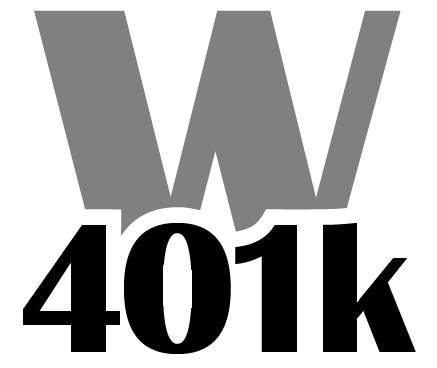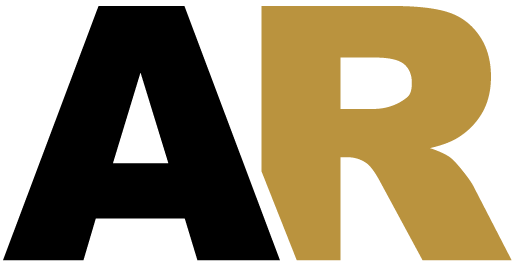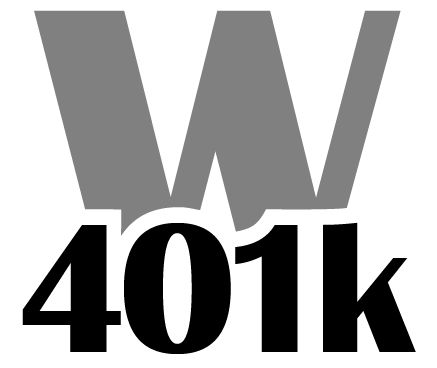Log In to WorkerFringe, WorkerServices, and Worker401k is via the secure Advantage Resource Single Sign On (SSO) Portal.
WorkerFringe
WorkerFringe by Advantage Resource provides fringe benefits administration services for prevailing wage and government contractors. We show contractors how to receive the maximum allowable fringe benefit credit for all Bona Fide fringes, all while reducing office administrative workload by performing all the computations required to properly fund and calculate employee fringe benefits.
The type of work performed by the contractor determines best program fit.
- Prevailing Wage Mix of Work – Employees work at different PW jobs or classifications in the same work week.
- Service Contract Act – Employees work exclusively (or nearly so) on federal SCA/SCLS contracts.
- Hourly Fringe Program – Express and pay fringe benefits as a dollar value per hour.



